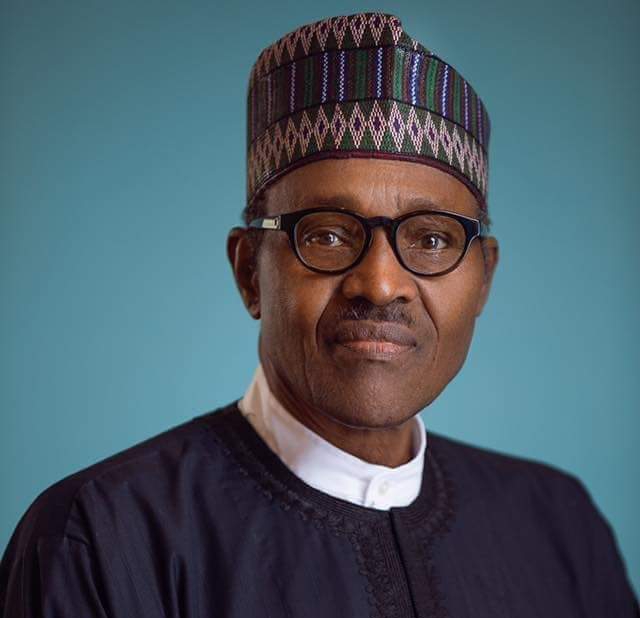President Muhammadu Buhari.
Policy Alert, a non – governmental organisation working to improve economic and environmental governance in Nigeria, has called on federal and state governments to immediately roll out plans to meet the needs of very poor Nigerians in view of lockdown occasioned by the COVID-19 pandemic.
In a statement issued in Uyo, Akwa Ibom state, signed by Chimezie Anajama, the organisation’s Communications and Stakeholder Engagement Lead, Policy Alert notes that the impact of COVID-19 pandemic on the economy will be worst felt by the poorest of the poor, hence the need for specific interventions to address their needs at this time.
READ: Industrialist takes sensitisation on COVID-19 to rural schools in Akwa Ibom
“While governments at various levels implement lockdown to contain the spread of the virus, we must not forget that it is the poorest of the poor that will bear the brunt of widespread restrictions in movements in various states and the Federal Capital Territory.
“Governments at all levels have to design specific interventions for those Nigerians living on the margins of the economy, those who live from hand to mouth, who eat only what they can scrape out on a daily basis.”
“That segment of the population will suffer multiple vulnerabilities at a time such as this. They are also the ones without any access to basic healthcare and they are the ones who cannot contemplate sanitary precautions against COVID-19 because of overcrowded habitats. Unfortunately, these are the millions of Nigerians who would rather risk infection than die of hunger.”
RELATED STORY : CBN sets guidelines for N50billion credit facility for businesses hit by COVID-19
The statement says in designing economic responses to the COVID-19 pandemic, government should ensure inclusiveness so that the poor and vulnerable are not left behind.”
The organisation suggested economic options and social protection measures such as direct cash transfers for informal workers, the elderly, orphans, grants for micro and small businesses, tax holidays for companies providing essential services, Value Added Tax (VAT) refunds for essential goods, and even a Universal Basic Income (UBI).
The statement equally urged the federal government to consider welfare incentives for health workers as part of the overall economic coping mechanisms in response to the pandemic.
















